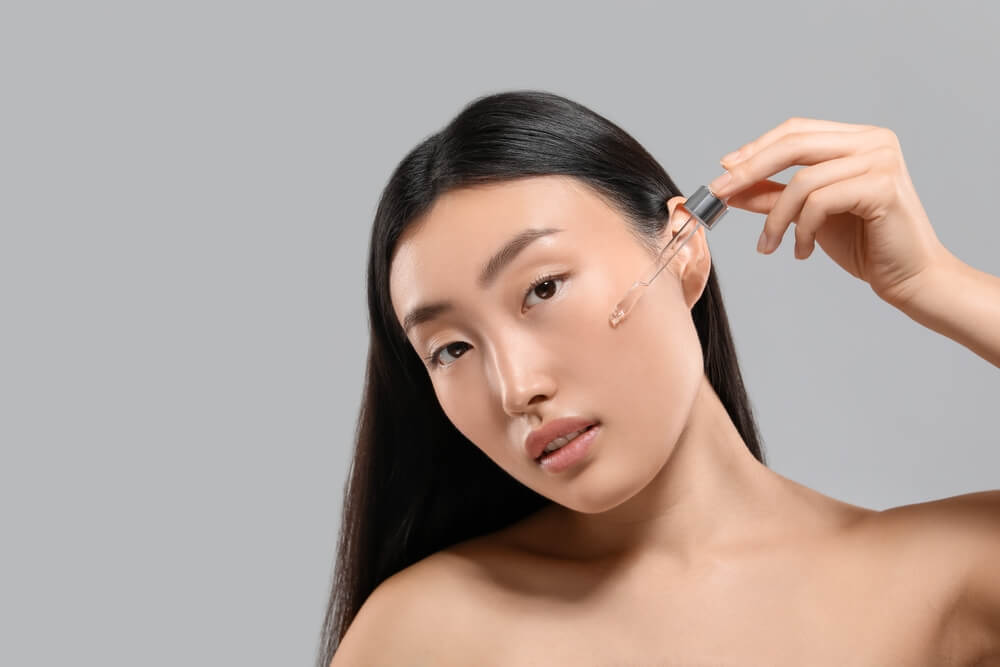In the ever-evolving world of skincare, routines that once worked like magic might no longer deliver the same glow. Environmental changes, lifestyle habits, and product fatigue are just a few reasons why your skin may not be responding to your usual regimen. 2025 is ushering in a new wave of skincare innovation—powered by science, personalization, and smarter formulations. If your skin feels dull, sensitive, or just “off,” it might be time for a full reset. And thankfully, this year’s trends offer just the right solutions to revive, replenish, and reprogram your skin’s health from the ground up. Many experts agree that introducing modern multitaskers like a niacinamide serum can help support this reset phase with targeted, science-backed benefits.
Why Traditional Routines Are Falling Short
Skincare has come a long way since the simple cleanse-tone-moisturize steps dominated routines. Now, with climate change, increased exposure to pollutants, blue light from screens, and higher stress levels, our skin faces new threats that older routines weren’t designed to handle. If your regimen hasn’t changed in years, chances are it’s not addressing your current skin needs. For instance, products meant to hydrate might be clogging pores in warmer climates, while overly harsh exfoliants could be compromising your skin barrier. A routine reset doesn’t mean throwing away all your products—it means reevaluating each step, questioning its purpose, and replacing what no longer serves your skin’s evolving needs.
Skin Cycling: A More Strategic Approach
Skin cycling has gained significant popularity in 2025. Rather than using the same actives daily, skin cycling encourages rotating between treatment nights (for ingredients like retinoids or exfoliating acids) and recovery nights (where barrier repair and hydration take the spotlight). This approach allows your skin time to rest and rebuild, reducing irritation and product overload. It’s a trend that helps reduce inflammation and increase efficacy, especially for people dealing with issues like redness, sensitivity, or product resistance. Think of it like interval training for your face—periods of action followed by necessary rest.
Barrier Repair Is the New Glow
In previous years, skincare often focused on exfoliation and instant results. But the harsh truth? Over-exfoliating can damage the skin barrier, leading to irritation, dryness, and breakouts. In 2025, barrier-first skincare is in the spotlight. Instead of focusing on just “glow,” brands and experts now emphasize long-term skin resilience. Products with ceramides, peptides, and fatty acids are taking center stage. New gel-cream hybrids and biomimetic moisturizers mimic the skin’s natural lipids, offering hydration without heaviness. Rebalancing your skin’s microbiome also plays a key role here, with fermented ingredients and prebiotics appearing in everything from cleansers to masks.
Personalized Products Powered by AI
Technology is transforming skincare like never before. In 2025, the rise of AI-driven skin analysis tools allows individuals to scan their skin and receive real-time, tailored product recommendations. These apps and devices can detect dryness, oil production, inflammation, and even early signs of aging. Brands are using this data to offer made-to-order skincare formulas, targeting exact concerns. For consumers, this means no more guesswork and fewer wasted purchases. A reset now doesn’t mean blindly shopping for new products—it means letting tech help choose what’s right for your unique skin.
Waterless and Minimalist Formulas
Another trend driving the 2025 skincare reset is the rise of waterless and simplified formulations. Water, once the main ingredient in most skincare products, is being replaced with concentrated botanical extracts, oils, and active ingredients. This not only reduces product waste but also enhances potency. Minimalist routines—think three to four well-chosen products instead of a ten-step regimen—are also becoming the norm. Consumers are realizing that skin can thrive with fewer, but better, ingredients. Fewer products mean fewer chances for ingredient conflicts or sensitization.
Sustainability and Skin Health Go Hand in Hand
Today’s skincare consumer doesn’t just want beautiful skin—they also care about how products impact the planet. In 2025, brands are focusing on biodegradable packaging, refillable containers, and cruelty-free testing methods. But beyond packaging, the ingredients themselves are becoming more eco-friendly. Biotech beauty is booming, using lab-grown actives like squalane and collagen that are purer, more stable, and far more sustainable than traditional sources. Resetting your routine now means aligning your values with your skincare choices. You’re not just investing in your face—you’re choosing products that are clean for your skin and the environment.
Conclusion: Your Future Skin Deserves Better
If your current routine feels like it’s stuck on repeat, take this as your sign to hit reset. With the arrival of smart skincare tools, next-gen actives, barrier-first formulas, and sustainable solutions, 2025 offers the perfect opportunity to rebuild a regimen that’s not only effective but also future-proof. The shift is less about trends for the sake of novelty, and more about returning to skin wellness at its core—understanding, respecting, and supporting what your skin truly needs. Embrace the changes, simplify your steps, and upgrade with intention. Your glow-up begins with letting go of the old and making space for what truly works.





